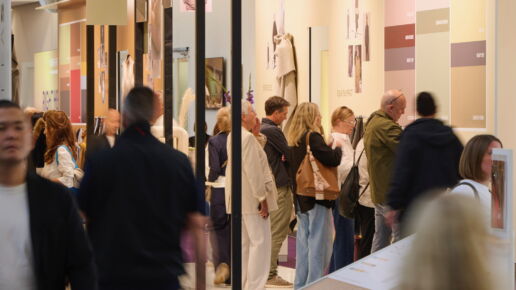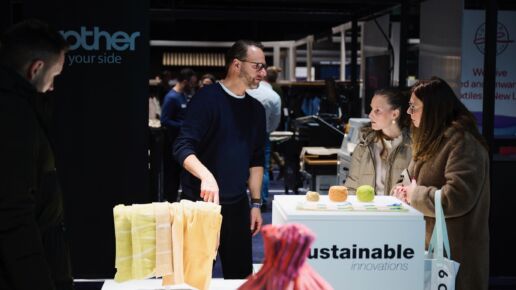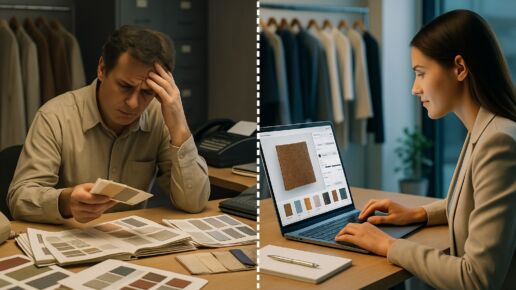Every year, more than 120 million tons of textile fibers are processed worldwide – more than a third of them are petroleum-based synthetic fibers, i.e. resource- and emission-intensive, causing waste and polluting the environment. An alternative is needed. But: Where do the fibers for the clothes of the future come from – are textiles that grow on trees or shoes that come from the sea a pure utopia?
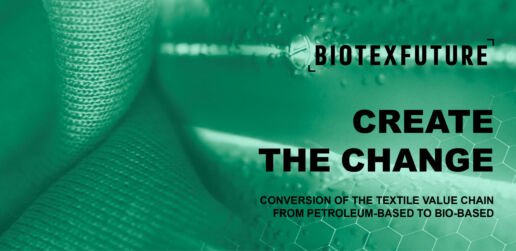
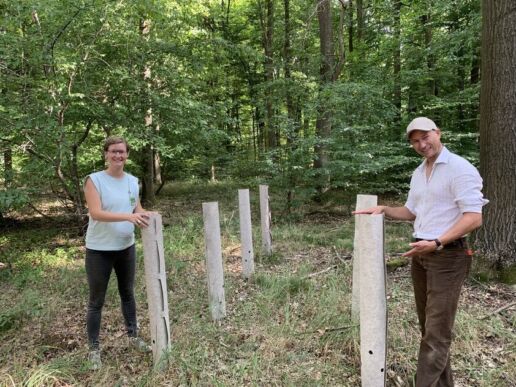
As part of the BIOTEXFUTURE Germany innovation space, leading research teams from the textile sector and industry are driving forward the development of bio-based textiles. Their aim is to accelerate the structural change towards a bioeconomy in this sector. On top of that, the ambition is also to find alternatives and solutions for some of the most important challenges currently facing the textile industry – from impregnation and dyes to elastane alternatives as well as textile recycling and microplastic filling in sports fields. On the research side, one of the world’s leading Institutes for Textile Technology at RWTH Aachen University (ITA) is responsible together with the Chair of Technology and Organisational Sociology (STO). For the industry, this part is taken over by the global company adidas AG.
Bye bye, plastic! The long-term goal is to be able to replace virgin polyester as a raw material. In concrete terms, this means that BIOTEXFUTURE is working in ten different projects to convert the individual steps along the textile value chain from petroleum-based to bio-based in the future plus to make the basic research carried out for this purpose accessible to the broad masses as quickly as possible. From algae to artificial turf to fungi: the idea behind the project ALGAETEX, for example, is to use biopolymers obtained from algae for use in textiles. BioTurf is about the development of an artificial turf structure made of bio-polyethylene that is at least as efficient as the petroleum-based materials used so far while being recyclable and without microplastic filling at the same time; the Fungal Fibers project is about the production of bio-based textile fibers from a promising fungusbased production process for the sports and medical sectors.
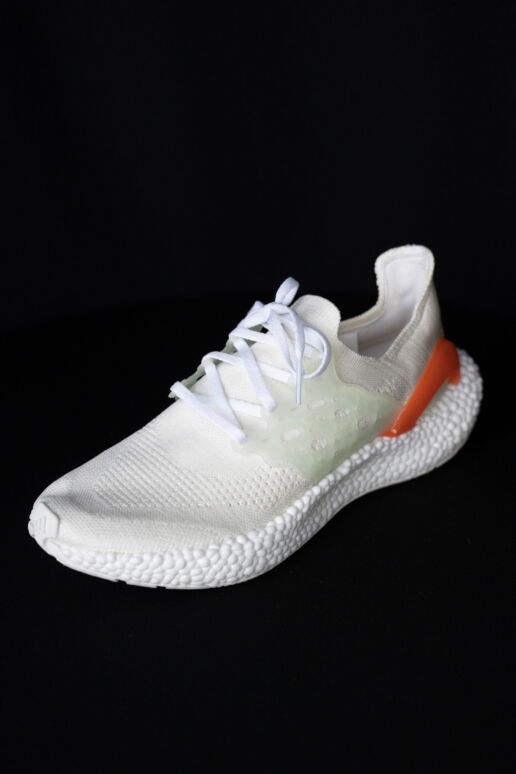
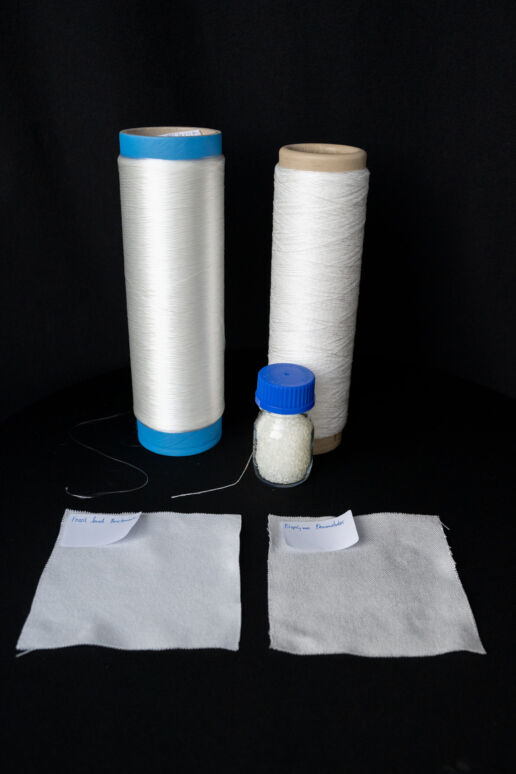
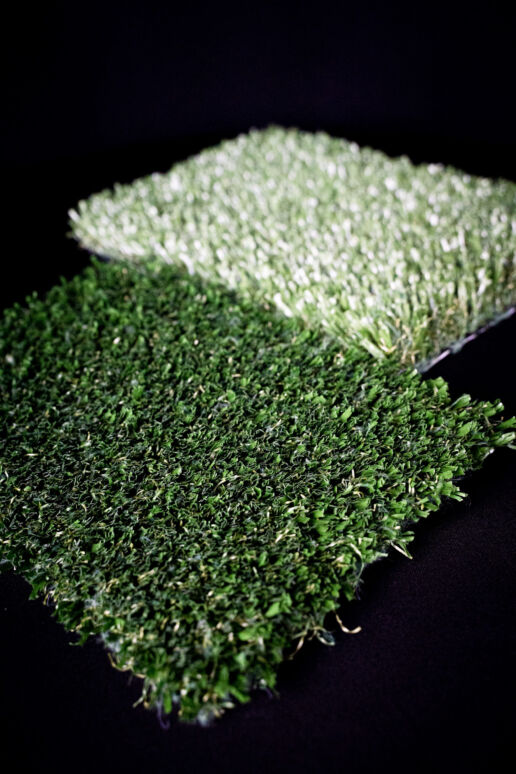
“The textile industry is not yet sustainable and burdened with massive environmental problems. Natural raw materials and ew textile technologies are a great opportunity for the future to meet the numerous challenges of the textile industry. This concerns the replacement of petroleum for polyester roduction by biological materials such as algae or fungi as well as bio-based coatings, dyes or completely new manufacturing processes. However, the major challenges of the textile sector can only be solved in close cooperation between research and industry. This is why we are committed to the BIOTEXFUTURE innovation space and would like to attract numerous new supporters in the coming years.”
Nicole Espey, Project Manager BIOTEXFUTURE
———————————————————————–
THIS MIGHT ALSO BE INTERESTING FOR YOU:
MUNICH FABRIC START – September 25 closing report
4. September 2025
At its 56th edition, MUNICH FABRIC START reinforced its clear positioning. Over two days, the Munich textile trade show brought the fashion industry together with its four show-in-show formats.
Materials as Agents of Change with Simon Angel
1. September 2025
Each season, the Sustainable Innovations forum brings together projects that provoke, inspire, and challenge assumptions. This year is no exception, with work ranging from bio-luxury couture to energy-generating textiles and regenerative materials grown from wetlands.
AUTUMN.WINTER 26/27 FABRIC HIGHLIGHTS & MATERIAL NOVELTIES – PART X
31. August 2025
For the first time in Germany, S2G XR (Style 2 Garment eXtended Reality) will present a live demo of its 3D textile configurator at booth A4.20 Not a teaser.


